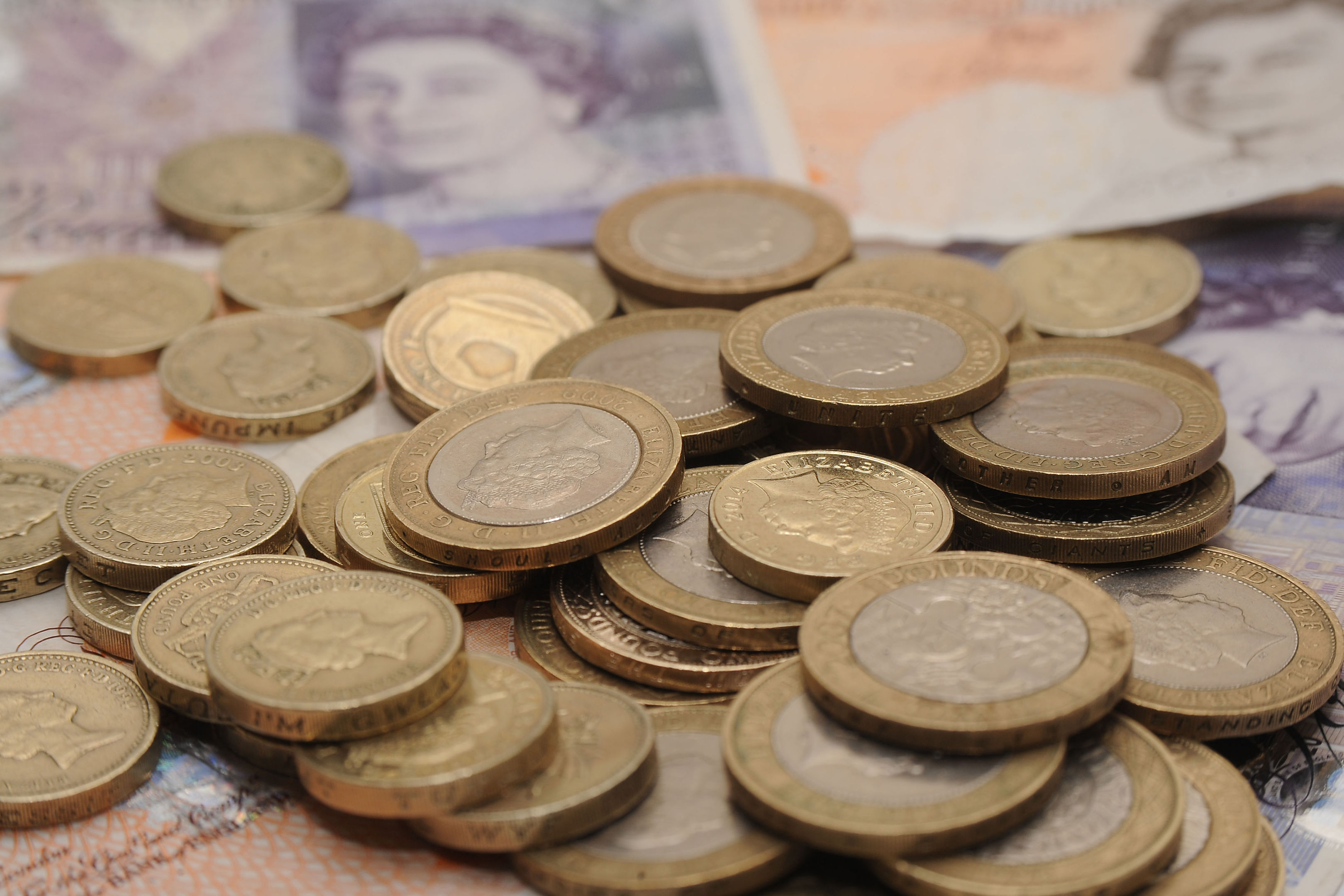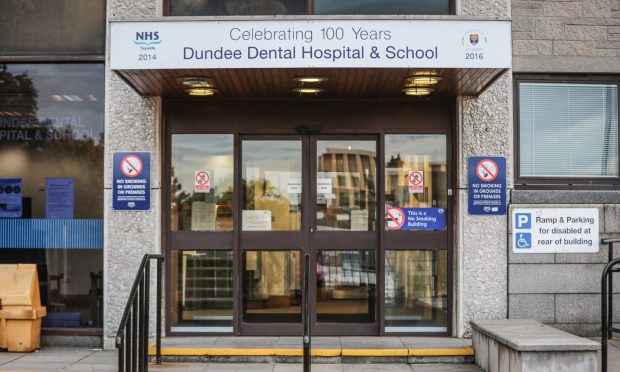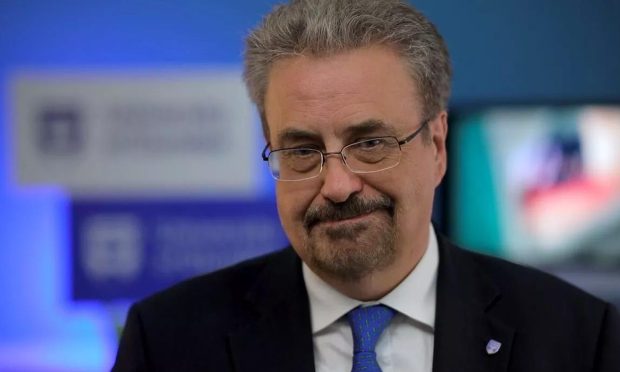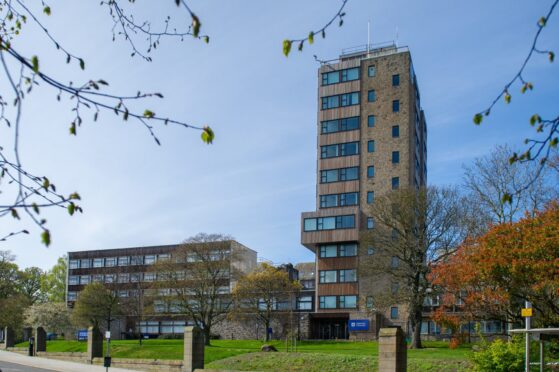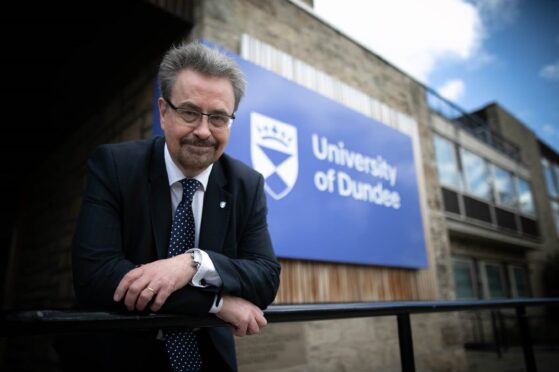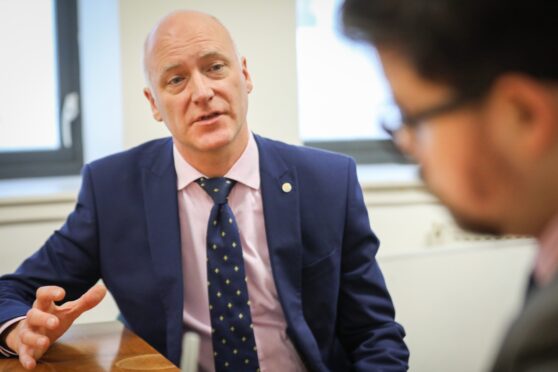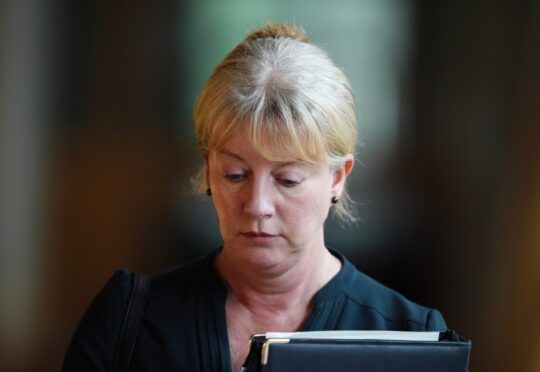Almost two-thirds of Scots would want to keep the pound in an independent Scotland, according to a new poll.
The BMG Research survey for The Herald newspaper found 64% of people would prefer to continue using Sterling as the currency if the country leaves the rest of the UK.
A further 24% of people said they would prefer to create and use a new currency while 12% would want Scotland to use the euro.
Nicola Sturgeon has set up a taskforce to consider currency options should a second independence referendum be held.
During the 2014 ballot, the SNP proposed continuing to use the pound as part of a currency union with the rest of the UK.
The currency issue became a major debating point when the-then Chancellor George Osborne ruled out such a move.
Ms Sturgeon has said the possibility of another independence referendum is “on the table” following the Brexit vote in June.
She set up a Growth Commission in September to consider how to boost economic growth and improve Scotland’s public finances in the context of both the vote to leave the European Union (EU) and independence.
It will also make policy recommendations on the “most appropriate” monetary policy for an independent Scotland as well as the range of transitional cost and benefits associated with independence.
BMG Research polled 1,012 Scottish adults online between November 11 and 16.
